Report outlines plan to achieve 50% circular and restorative feeds by 2030
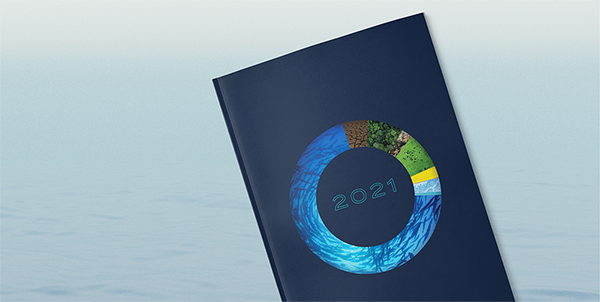
BioMar, a leading global supplier of aquaculture feed, has committed to a comprehensive plan for reducing carbon emissions by 2050.
Recently announced in its Integrated Sustainability Report, BioMar is the first global aquafeed supplier to adopt the 1.5 degrees-C pathway toward net-zero under the Science Based Targets initiative (SBTi) – a program for driving and validating greenhouse gas (GHG) reductions in the private sector.
“As aquaculture feed represents around 80 percent of the carbon footprint of farming, it is essential to our farmers that BioMar makes a strong commitment and accelerates the drive to net-zero,” said Vidar Gundersen, global sustainability director at BioMar. “In this year’s Sustainability Report, we lay out in detail our reduction pathway while disclosing where we are today.”
The report explains the “robust” scientific methodologies and reporting systems that BioMar will be using. Circularity and restorative practices play prominent themes, highlighting examples of how upcycling and novel ingredients will play a “major role” in the sustainable future of the aquaculture industry.
“BioMar has a strong focus on people and communities in this year’s report,” the company stated in a release. “Together with the launch of the new 2030 ambitions and a revised Code of Conduct, a strong commitment has been made in the areas of responsible pay, capacity building and diversity and equality.”
‘Do more and do better’ – Sustainability manager discusses Skretting’s ambitious agenda
In last year’s Sustainability Report, BioMar announced a goal to reduce GHG emissions by one-third by 2030. To make this reduction a reality, BioMar has developed a long-term plan focusing on operations and broader supply chain partners to create innovative solutions to help reach its reduction targets. The new report states that in scopes 1 and 2, a 4.2 percent year-on-year absolute GHG emissions reduction target will be achieved, while a 30 percent reduction in scope 3 is required.
The IPCC has stated that GHG emissions need to halve by 2030 and reach net-zero by 2050 to avoid the worst effects of climate change. To achieve this vision, private and public entities must follow an alignment of reductions to keep global warming to less than 1.5 degrees-C.
Follow the Advocate on Twitter @GSA_Advocate
Now that you've reached the end of the article ...
… please consider supporting GSA’s mission to advance responsible seafood practices through education, advocacy and third-party assurances. The Advocate aims to document the evolution of responsible seafood practices and share the expansive knowledge of our vast network of contributors.
By becoming a Global Seafood Alliance member, you’re ensuring that all of the pre-competitive work we do through member benefits, resources and events can continue. Individual membership costs just $50 a year.
Not a GSA member? Join us.
Author
-
Responsible Seafood Advocate
[103,114,111,46,100,111,111,102,97,101,115,108,97,98,111,108,103,64,114,111,116,105,100,101]
Tagged With
Related Posts
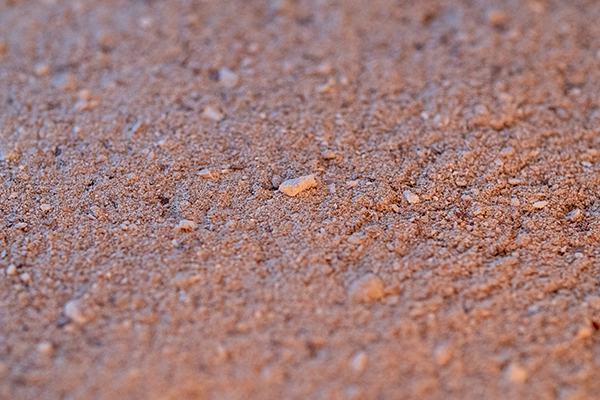
Aquafeeds
BioMar and Deep Branch team up to trial single cell protein in salmon feeds
Deep Branch and BioMar will test the performance and digestibility of Proton, a single-cell protein for salmon feeds.
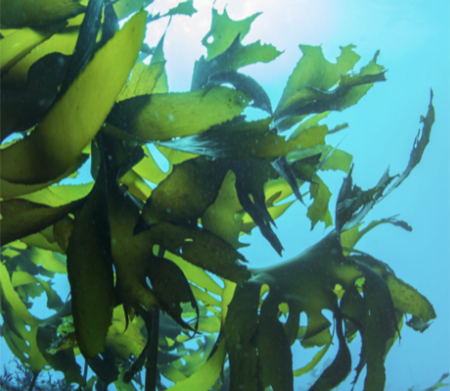
Aquafeeds
BioMar adopts microalgae into aquafeed, hits ‘major sustainability milestone’
Aquafeed supplier BioMar hits a major sustainability goal by reaching 1 million metric tons of salmon feed containing microalgae.
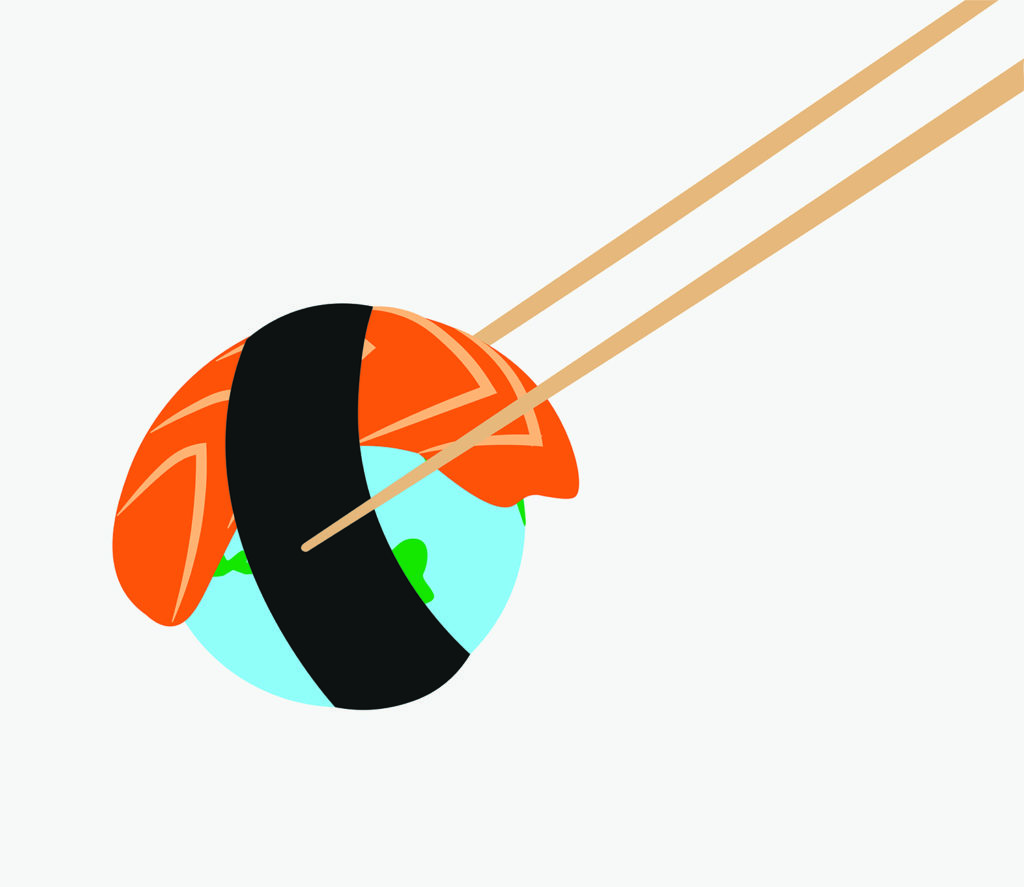
Responsibility
A wider view: Consensus on seafood’s planetary and human health benefits
Several recent reports echo the message that eating sustainable seafood can help save the planet while making significant gains in public health.
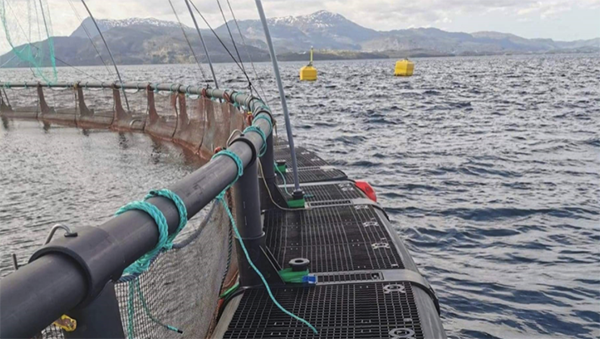
Innovation & Investment
AKVA develops ocean net pens without polystyrene
Aquaculture equipment manufacturer AKVA Group says its new ocean net pens are free of polystyrene, a plastic foam common in consumer packaging.



